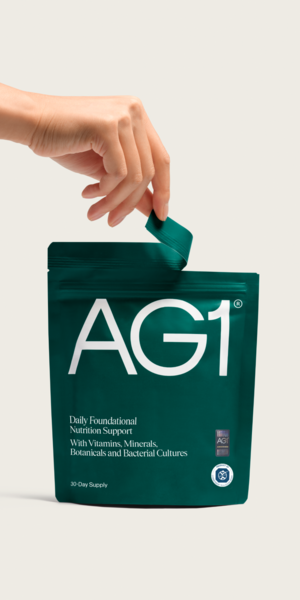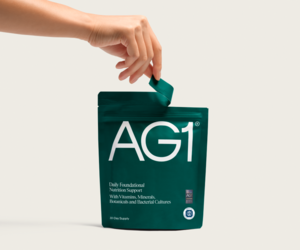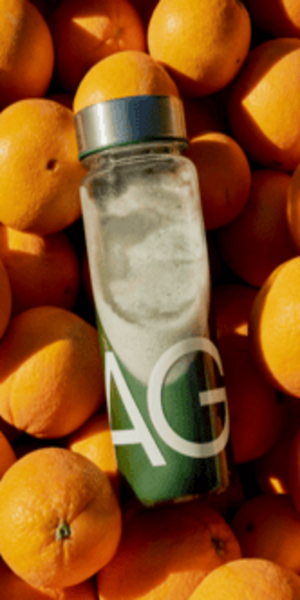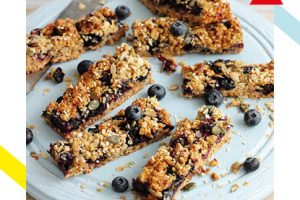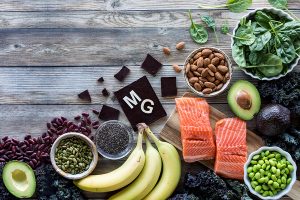Take our quiz: Which nutrients are you neglecting?
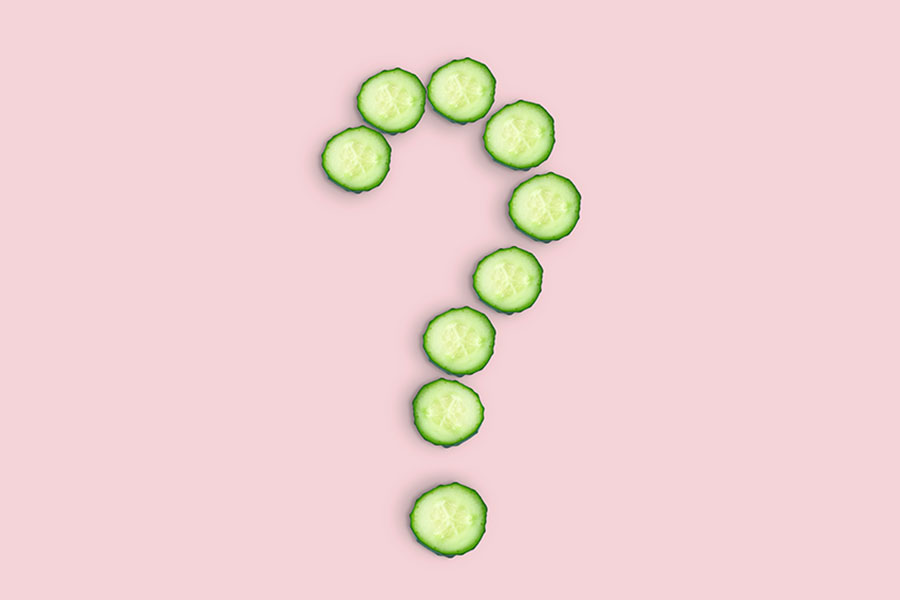
However ‘on it’ you are with your diet, we can all leave certain food groups lacking. Take our quiz to find out how you can overhaul your eating plan in 2025 with some sage advice from nutritionist Michelle McKenzie
QUESTIONS:
1. How do you feel after having a carb-heavy meal?
A. Sleepy
B. Sluggish and bloated
C. Energised
D. Full to the brim
2. How are your energy levels throughout the day?
A. Consistently high
B. Very low
C. They peak and trough
D. Pretty stable
3. How many times a week do you have your five-a-day?
A. Every day
B. Most days
C. A few times a week
D. Very rarely
4. How often do you eat fish?
A. Never
B. Very rarely
C. Once a week
D. Two or more times a week
5. Do you feel the need to snack throughout the day?
A. Just when I’m working
B. Only in the afternoon
C. All day, every day
D. Very rarely
6. How often do you eat fatty foods such as avocado, cheese and nuts?
A. Once a day
B. Hardly ever
C. A few times a week
D. With most meals
7. What would be your snack of choice?
A. Crisps
B. Fruit
C. Nuts
D. Chocolate
8. Do you cook with butter or oil?
A. Almost never
B. Never
C. Sometimes
D. Every day
9. How often do you eat meat or a meat substitute?
A. Very rarely
B. A few times a week
C. With one meal a day
D. With most or every meal
ANSWERS:
Mostly As – YOU NEED… MORE POWER TO GROW
Essential for growth and repair in the body, protein is a crucial part of your diet. Current British Nutrition Foundation guidelines recommend adults consume between 0.75g – 1.5g of protein per kilogram of your ideal body weight per day, as part of a balanced diet and dependent on your levels of physical activity. This will help maintain a number of important functions in your body, including digestion and hormone production.
Nutritionist Michelle McKenzie says… “Include protein with every meal. Aim for palm-sized portions and spread intakes evenly throughout the day. Quality sources can be found in, among others, grass-fed meat, fish, eggs, cheese, nuts and seeds, spinach, broccoli, peas and tofu. On a strict plant-based diet, variety is key to ensure adequate intakes of all nine essential amino acids as the body cannot manufacture them.”
Mostly Bs – YOU NEED… TO INDULGE YOURSELF A LITTLE MORE
Fats are an incredible source of energy, supplying your body with more than twice that of the same amount of protein and carbohydrates. They are also a crucial component which helps your body absorb important vitamins such as A, D, E, K, and also contains fatty acid omega-3, which can help to keep your heart healthy.
Michelle says… “Avoiding processed foods with added fats should be the target of public health campaigns, not avoiding fats that occur naturally in food like avocado, extra virgin olive oil, full-fat diary, butter and nuts. Include rich sources of omega-3 found in fish, seeds, walnuts, seaweed, grass-fed meat and eggs. Avoid refined processed seed and vegetable oils and any processed foods that contain them. Cook with coconut oil, lard, ghee, butter and extra virgin olive oil.”
Mostly Cs – YOU NEED… A LITTLE MORE FUEL IN THE TANK
As the body’s main source of energy, it’s important not to scrimp on your daily servings of carbohydrate. Fuelling the muscles and keeping your brain and other organs functioning as they should, it is recommended that one third of your diet is dedicated to wholegrain starchy carbohydrates, like rice, couscous, oats and potatoes.
Michelle says… “The amount of carbohydrate an individual should consume is based on personal health goals and metabolic status. Try to avoid too many refined carbs (rice, cereal, pasta, bread) to reduce both insulin and blood glucose levels. Instead, choose good quality carbohydrates from whole foods such as vegetables (kale, cavolo nero, spinach), tomatoes, fruits (berries, cherries, apples, kiwi, avocados), nuts, seeds, legumes and dairy.”
Mostly Ds – YOU NEED… SOME ROUGHAGE FOR A HAPPIER GUT
Many of us don’t get enough fibre, causing us to suffer with poor digestive health. It is recommended that you consume around 30g a day from plant-based, carbohydrate-rich foods, such as wholemeal bread, fruit, vegetables and pulses, to aid with healthy digestion and reduce constipation.
Michelle says… “With gut bacteria potentially influencing a wide range of conditions (including mental health, inflammation, energy, metabolism and immunity), it’s important to include healthy prebiotic fibre in your diet. Sources include asparagus, leeks, onions, cruciferous vegetables, nuts, berries and small portions of minimally processed whole grains.”



